"I have never in my life told the Croatians, the Serbs, or anyone — the Kenyans, whoever — where they should get their energy resources from, what they should buy, how they should procure it. What do we have to do with that? They know what is good for them, what is cost-effective, what is competitive, what is safe," he said.
But why am I bringing this up? Because it was mentioned that the Serbian oil company, being Russian-owned, is under sanctions. As a result, this supposedly fantastically safe oil-supply route from Croatia has reached the point where it can barely or cannot even deliver a few tens of thousands of tons. Since the pipeline from Croatia to Hungary has a branch leading into Serbia, and that branch has now been emptied due to the sanctions there, they must somehow physically plug it,
Peter Szijjarto explained the situation.
"The Croatians wanted to force MOL to buy those tens of thousands of tons of oil required to plug the Serbian pipeline so that oil could then be sent toward Hungary and Slovakia. To rely on such a service provider, on such a pipeline, I think that is a major irresponsibility,” he added.
"It is also worth examining the European oil imports coming through third countries, because suddenly we see sources that are countries which either hardly have any oil themselves or have sharply increased their imports of Russian oil," he said.
"Hungary is under constant attack in the sense that they want to drag us into the war, and it is far from self-evident that we are not participating in it. One such attack these past days was President Zelensky's statement that he will ensure that no Russian oil can reach Hungary."
These are all attacks on Hungary's sovereignty. For now in verbal form, but if there are practical consequences, then they become practical attacks on Hungary's sovereignty. And that is unacceptable,
the minister underlined.
Germans Speak About Putins Court Jesters
The program mentioned that yesterday the Bavarian prime minister — clearly for domestic political reasons, since the CDU/CSU is fighting against the AfD — said extremely harsh things about the Alternative for Germany. Markus Soder called AfD supporters "Putin's court jesters," "pro-Kremlin bootlickers,” and rolled out similar insults one after another.
"The German domestic political scene is obviously highly turbulent. The Germans will solve their internal political issues however they wish. If you ask what impression I had of the AfD co-chair when she was here — as I had the opportunity to sit beside the Prime Minister during one of his meetings with Alice Weidel — I can tell you that I did not have such an impression at all. But since I am not the target of these remarks, and since it is clear that everyone has their own domestic political battles, I think we should leave it up to the Germans to sort this out among themselves," Peter Szijjarto responded.
What I can say is this: looking at the German opinion polls, the AfD today is either the first or second most popular party in Germany. In the last Bundestag election they finished in second place. The number of their voters — I cannot say this with absolute certainty — may well exceed the number of people who participate in elections in Hungary. This shows that we are speaking of a party supported by many millions of Germans, and therefore many millions of Europeans. Why this happened in Germany, what led to the AfD becoming the most or second most popular party — that is for the Germans to judge and to draw the conclusions,
the minister emphasized.
„Tisza Party Wants to Allow Migrants to Enter the Country”
"The mission of the Tisza Party is essentially to break Hungarian resistance to illegal migration. This is why it was formed, this is why Brussels supports it, this is why Brussels keeps its leader under its thumb so that he can break Hungary's resistance to illegal immigration," Peter Szijjarto stated.
We do not want this. There was a national referendum in Hungary on illegal migration. If I remember correctly, one of the most important issues at stake in the 2018 parliamentary elections was whether we should let illegal migrants in. The two sides lined up clearly against each other. And now the leader of the Tisza Party may want to deny this, but their own experts speak clearly about what the Tisza Party wants. They want conscription, because they want to go to war, and they want to allow illegal migrants to enter the country,
he emphasized.
"We will resist this. There is strong Hungarian resistance to war, and there is strong Hungarian resistance to migration. And the Tisza Party wants to break this resistance to war and this resistance to migration. This must not be allowed to happen," he said, pointing out plainly that
If Tisza comes, the migrants will come.
Cover photo: Hungarian Minister of Foreign Affairs and Trade Peter Szijjarto (Photo: AFP)
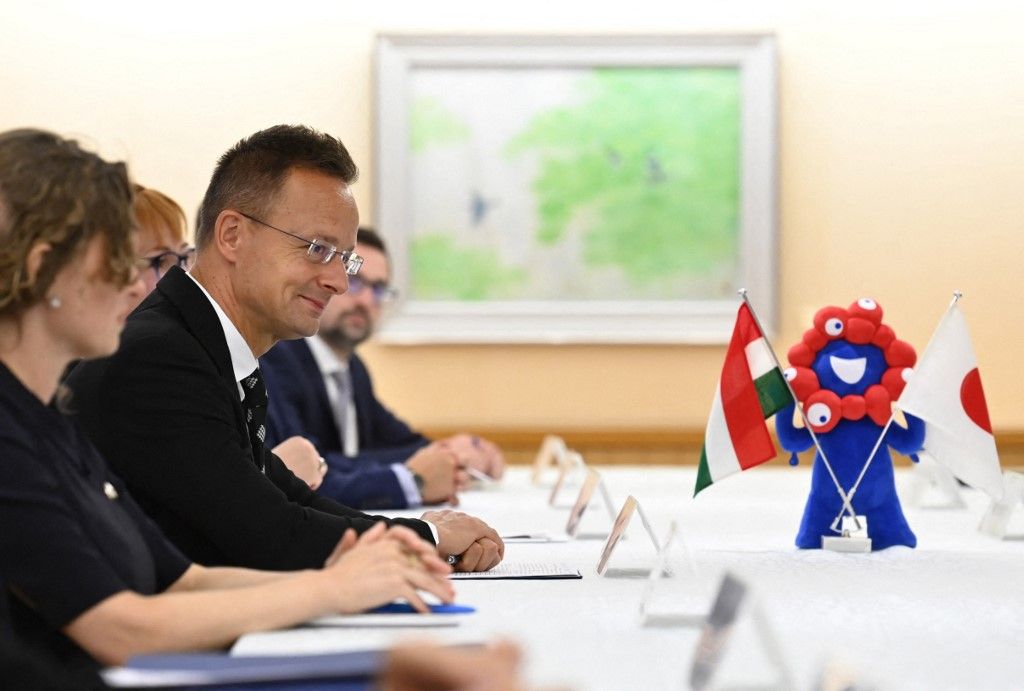
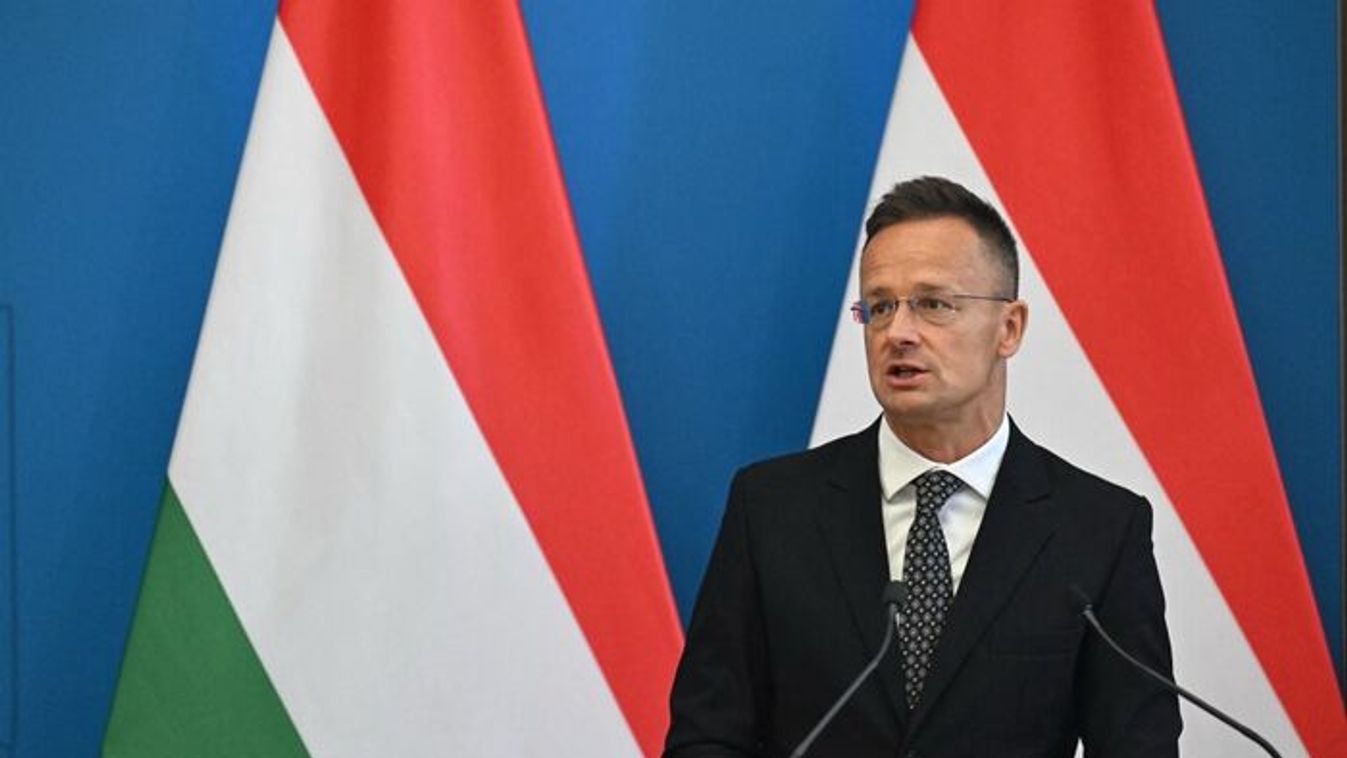

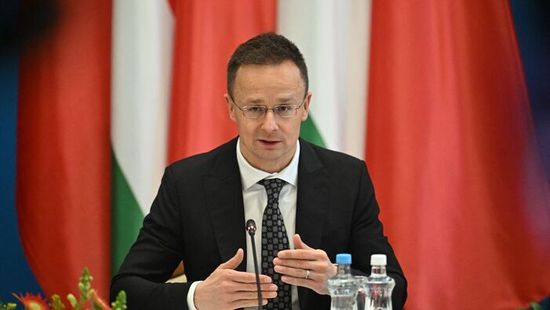
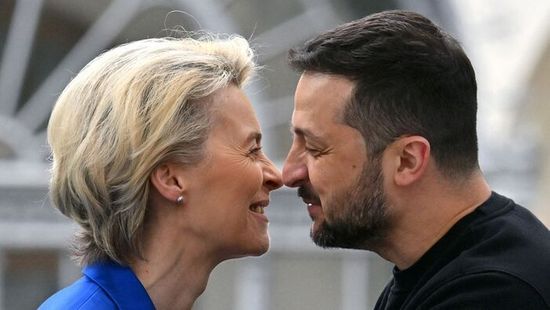
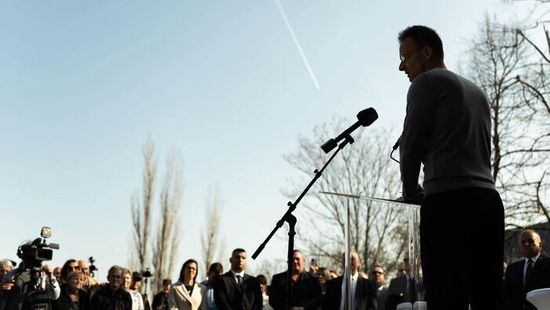

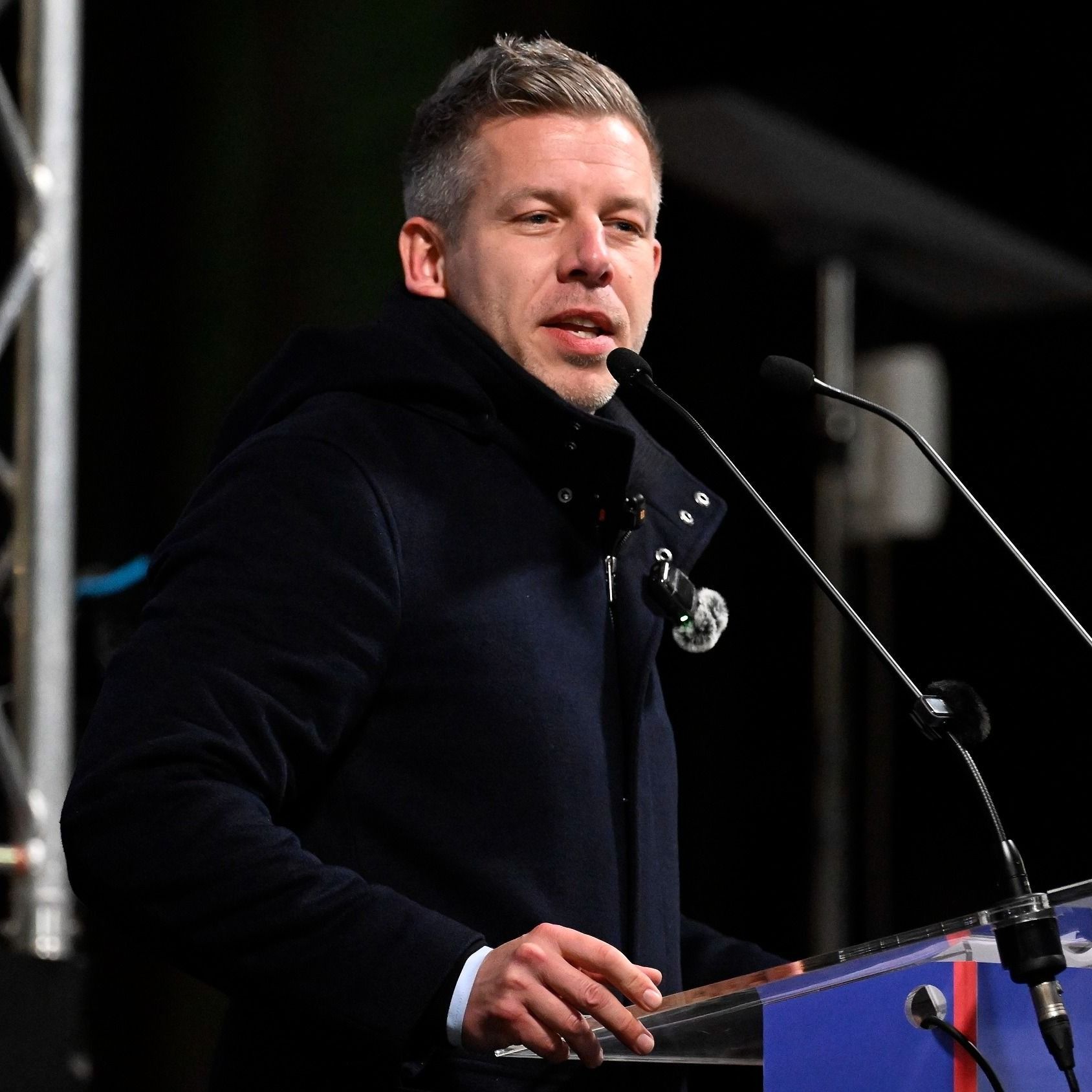
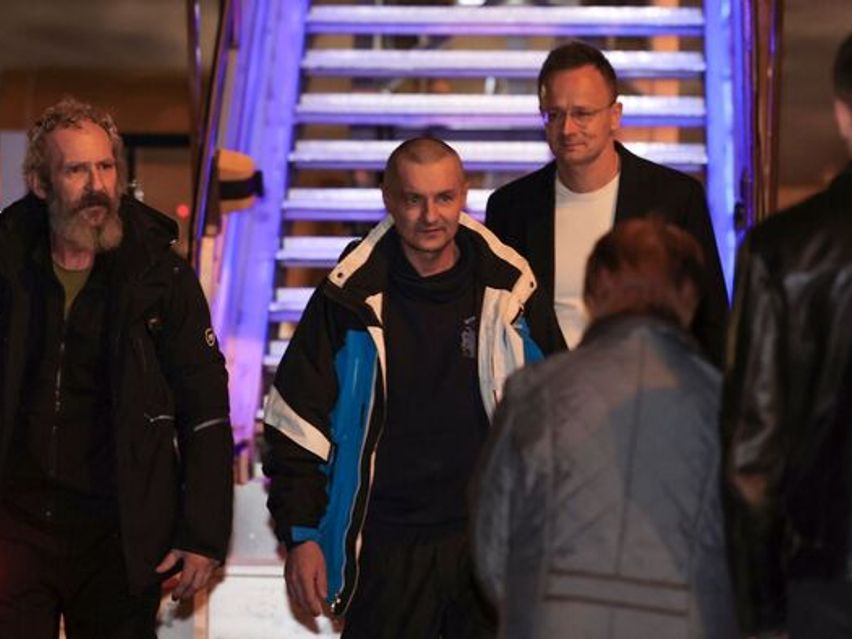

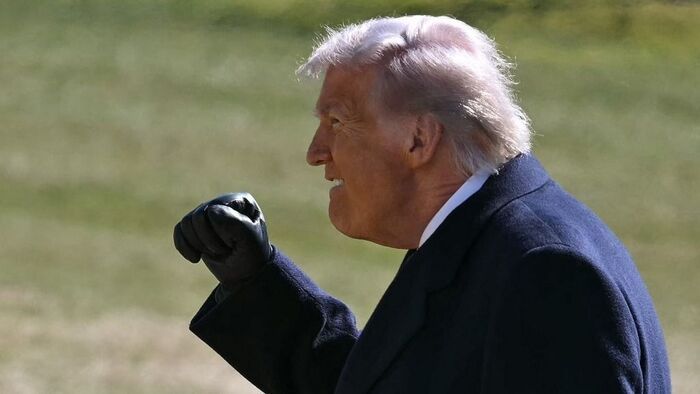

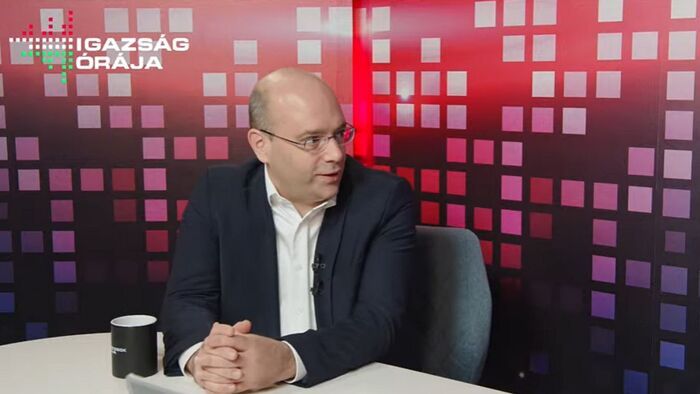

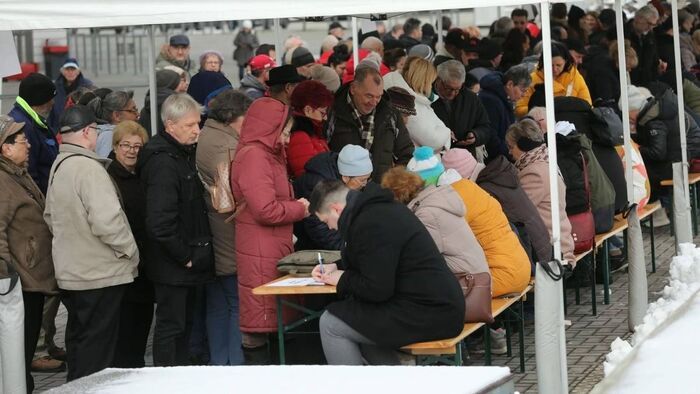

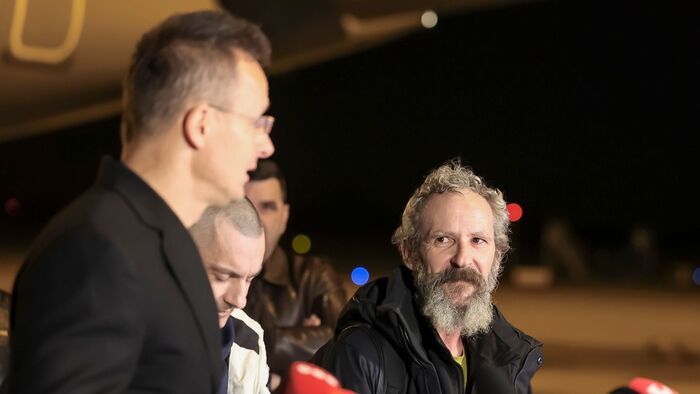


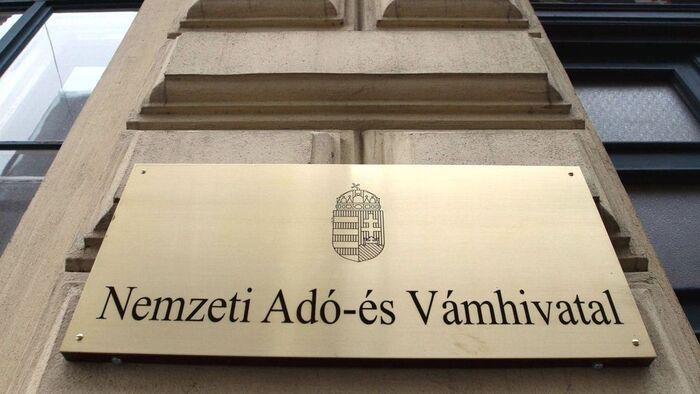



Szóljon hozzá!
Jelenleg csak a hozzászólások egy kis részét látja. Hozzászóláshoz és a további kommentek megtekintéséhez lépjen be, vagy regisztráljon!